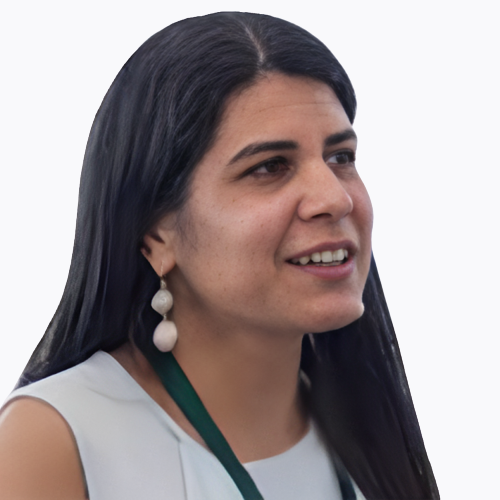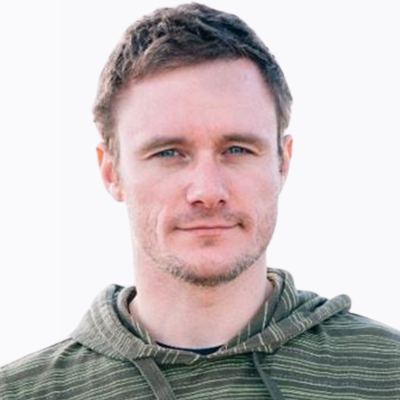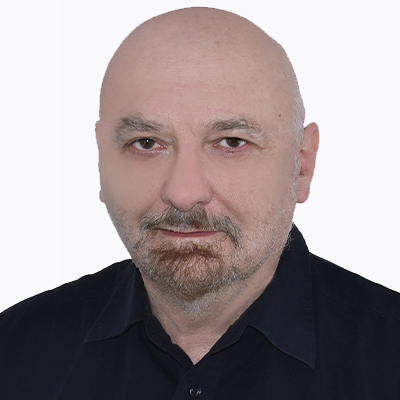What is intelligence? Here are several foundational concepts that help define the descriptive rules of intelligence, not just of the human mind, but in any system.
We still have little understanding of so many aspects of human intelligence and the human brain as an intelligent system, from working memory to the nature of concepts to how the brain handles flexible information routing and deals with novelty and why it produces spontaneous activity. Furthermore, our current models of connectionism fall significantly short in their ability to explain all these aspects simultaneously in the same system. To understand intelligence therefore, biological or not, living on earth or not, we need a unified framework of intelligence. A theory and set of foundational principles. Such a universal framework does not exist but there are many concepts, elements and approaches to systems that may form part of it that have been proposed over the years. I list them here with just a gist of each one, but these are each associated with a vast literature that are worth exploring.
Emergence: Some meta-properties emerge out of the properties of the system, without these properties initially being planned for or intended.
Self-organization: In some cases, systems can organize themselves without an outside agent. Self-organization generally applies to both biological (such as insects and humans) and non-biological phenomena (such as galaxies or chemical reactions).
Near-decomposability: When systems are organized by vast hierarchies of interactions, it is not possible to fully decompose it into its parts. In the process of decomposition there is always some error; something always gets lost. However, to understand any natural phenomenon, our common approach is to decompose it into its parts. The challenge is to decompose the phenomenon such that the critically important properties are maintained and whatever is lost is of less importance.
Feedback loops: Feedback loops are continually closed interaction cycles between the agent that controls and its environment that is being controlled. Feedback loops are the norm in biological and engineered systems.
Control theory: Describes processes of continuously operating dynamical systems with a goal to develop an optimal control model of the system using actions of the controlling agent.
Cybernetics: is an interdisciplinary and all-encompassing approach towards understanding control (regulating) systems where there are feedback loops.
Second-order cybernetics: This is cybernetics of cybernetics; second-order cybernetics addresses the question of how the control (regulating) functions of an agent are being controlled themselves.
Information theory: The concept of how information travels through a communication channel and proposed a way to quantify the amount of information transmitted.
Poiesis: The concept that agents somehow have to come into existence before they have existed. The process of their creation is the process of poiesis.
Autopoiesis: This literally means “self-creation”, the capacity of a system to bring itself into existence. A development of an entire multi-cellular organism out of a single fertilized egg cell is driven by the process of autopoiesis.
Inductive bias: In machine learning, it is understood that an agent may contain knowledge before it begins learning. This knowledge guides the learning of the agent—biasing it towards extracting a certain type of regularities from the data. Proper inductive biases empower intelligent agents towards faster learning.
Variety theorem: For a regulator (controller) to be successful, its internal number of states cannot be smaller than the number of states of the environmental phenomenon that it regulates. This theorem guides one in assessing how many resources may be required to create an intelligent agent the performs well in a certain environment.
Good regulator theorem: Every good regulator of a given system must be a model of that system. This means that every intelligent agent must be a good model of the environment within which it acts intelligently.
Transcendence of knowledge: The idea that knowledge that can be learned at any time is always limited by what the system had known prior to the process of learning. To be able to learn something, we already have to have some structures empowering us to learn that something.
Downward causation: This is a question of how higher levels of system organization exert effects on lower levels of organization. For example, how do conscious thoughts affect physical behavior of the system?
The central dogma or molecular biology: Information travels from DNA to protein, but not from protein to DNA. This unidirectional flow may be generalizable to certain aspects of intelligent systems.
4E cognition: A movement that challenges the traditional connectionism approach towards explaining human mind. The 4 E’s stand for: embodied, embedded, enacted and extended cognition.
Can the basic ideas of all those approaches be brought together to a framework of intelligence that is more generally applicable? What would be the unified set of principles that present the minimum necessary and sufficient conditions for an agent to be intelligent—that is, to act intelligently and grow its intelligence through self-improvement. And what would be the limits that naturally arise? I will tackle these questions in future posts so stay tuned.
This is part of a Mind/Brain series by Danko Nikolić. You can read the full series here.
















